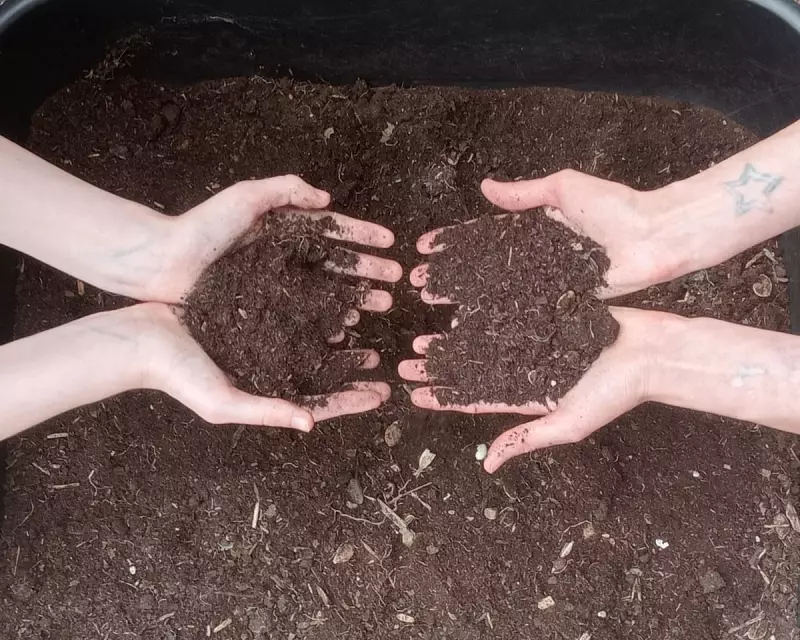
The rich, earthy scent of success wafts from our garden compost heap this summer. It’s the smell of transformation, of kitchen scraps and garden waste quietly morphing into what gardeners reverently call ‘black gold’.
This isn’t just a pile of rotting rubbish; it’s a bustling, living ecosystem. Each time I lift the lid to add our teabags, vegetable peelings, and crumpled egg boxes, I’m greeted by a wave of warm, moist air. It’s the breath of countless microorganisms, worms, and beetles all working in unison to break everything down.
The process is a masterclass in patience and natural recycling. Layers of green nitrogen-rich materials, like grass clippings, are carefully balanced with brown carbon-rich matter, such as dried leaves or cardboard. Getting this balance right is the secret. Too much green, and the heap becomes a slimy, smelly mess. Too much brown, and everything just sits there, inert.
But when it’s perfect, the magic happens. The centre of the heap becomes incredibly hot—a sure sign that the decomposers are feasting and working at full tilt. This natural furnace kills off weed seeds and speeds up the creation of a dark, crumbly, nutrient-packed humus.
There’s a profound satisfaction in closing the loop of consumption. The apple core I tossed in a month ago is now unrecognisable, becoming part of the very substance that will help grow next year’s apples. It connects me directly to the cycles of nature, right here in our own garden.
This ‘black gold’ is the ultimate reward for our patience. It’s a soil superfood, teeming with life and ready to nourish our vegetable patch, enriching the earth without a single chemical. It’s a small, powerful act of conservation, a personal contribution to a healthier planet that starts with a simple compost bin.





